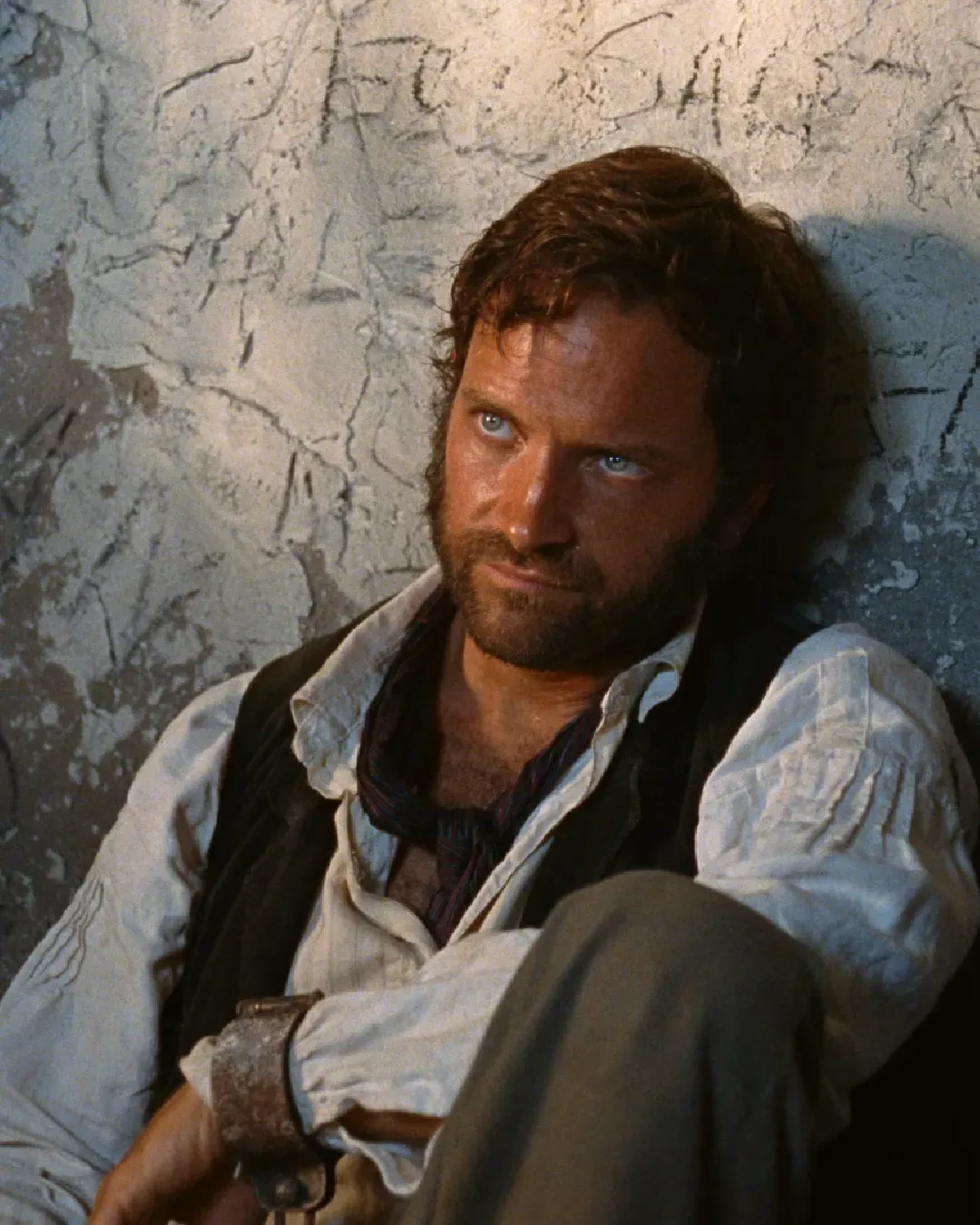
“The Watchers” might be the weirdest movie of the summer Ishana Night Shyamalan's directorial debut defies categorization, for better or worse
One of the main problems for those who watch a lot of movies is watching too many of them. And not because cinema, as a hobby, takes up too much time, but because after the first hundred films, many plots become absurdly predictable. Especially today, as cinema has divided itself between mega-productions filled with special effects and battles between giant monsters and superheroes, and tearful intimate films shot in a room with a tight budget. This is why the directorial debut of Ishana Night Shyamalan, daughter of M. Night Shyamalan, The Watchers, based on the folk-horror novel by Irish author A.M. Shine, surprises so much: it is almost impossible to pigeonhole it into a specific genre and thus results in a viewing experience that is, if nothing else, original. Or rather, strange. The film's strangeness, however, is not intentional; it is the derivative of a story that aims to be scary but whose tone is not dark, of a conventional story in its unfolding but ultimately surprising in its various developments. Let's say that the film is not a masterpiece, but it leaves an impression. The story tells of an American girl named Mina, played by Dakota Fanning, who lives in Ireland to escape a traumatic family past, and gets lost in the middle of a mysterious forest completely isolated from the world. Here she finds a group of three other castaways living in a sort of bunker in the forest, the only refuge that protects them from the mysterious invisible creatures that roam the woods at night and kill anyone they encounter. These creatures watch their “prisoners” every night through a glass wall, and the latter must figure out how to escape the woods and save their lives. It is best not to say more about the plot, especially since many questions raised during the film are more or less answered by the end. Suffice it to say that if the film's story seems strange, it's because it is – but in an unintentionally refreshing way at a time when so many films seem to want to adhere to recognizable conventions always and everywhere.
Leaving the theater, one does not feel particularly exhilarated, but The Watchers is one of those films that follows the viewer out of the theater until they get home. Once again, the film is not strictly a horror movie, and if it were, it would still be a very mild horror, light-years away from the claustrophobia of films like The Descent or Cube. In terms of atmosphere, the film perhaps recalls more Lost or Signs (which was directed by the director's father), but also an episode of The Twilight Zone. But in reality, it is this very ability of the film to escape categorization that keeps the story flowing and fairly unpredictable in its development. A definite merit of the film is that at no point can one say they have already figured out the ending; in this sense, the film seems to be a relative of The Ruins, a 2008 B-movie also adapted from a rather strange horror novel, which over time has become a mini gem of summer-vacation horror. Several critics have expressed dissatisfaction with the film, finding it too far-fetched, or perhaps forced in a message of solidarity and empathy that indeed does not leave the viewer enthusiastic or surprised. Certainly, the abandonment of themes like duality and human duality is a bit disappointing, as well as the dynamic of observation with metaphors between mirrors, reality shows, and so on, which are sketched but essentially dropped in the second half. If we wanted to label the film, we could call it a fairly disengaged "dark fantasy".
The Watchers starts off intense & heart-pounding, but it never goes completely into the horror genre, rather it lingers on the boarder of that & the thriller genre. Still, there are some terrifying moments. Too much lore & overexplaining in the 3rd act drags it down. #TheWatchers pic.twitter.com/f1a1HmPezj
— Tessa Smith - Mama's Geeky (@MamasGeeky) June 5, 2024
The only real flaw of The Watchers is perhaps the cumbersomeness of its story and world, an air of artificiality that perhaps could have been avoided even just on the level of artistic direction by making the protagonists' refuge less modern and more explicitly "gothic" – imagine a dilapidated country house or some castle rather than a brutalist glass and concrete box in the middle of an ancestral and isolated forest. This very choice of set design, more suited to Maze Runner or a Netflix series, eliminates the pure horror air and shifts the film closer to the territories Alex Garland explored in Annihilation or Ex Machina but without the philosophical depth and chilling realizations that Garland's cinema provides. On a more general note, however, The Watchers represents an example of cinema that has moved past the phase of excessive self-awareness that has dominated the past decade of films and tries to tell an adventure outside genres but also without the pretentiousness that other critics have seen in it. Sometimes a film is just a film, after all. If in the case of the horror genre many excellent films produced in recent years have pushed the accelerator on the aspect of verisimilitude, focusing on the traumas of the protagonists or on situations not explicitly supernatural, The Watchers embraces its fantasy elements without hesitation without necessarily wanting to justify them with excessive and dark psychologism. The protagonist's trauma plays a role in the plot but in a way only superficially related to the story. It is better to assume that the film did not want to be a veiled apology for anything, simply a dark fantasy, a story finally unto itself – although the ending closes on a somewhat too edifying tone, not unlike many other genre films seen in past decades.















































